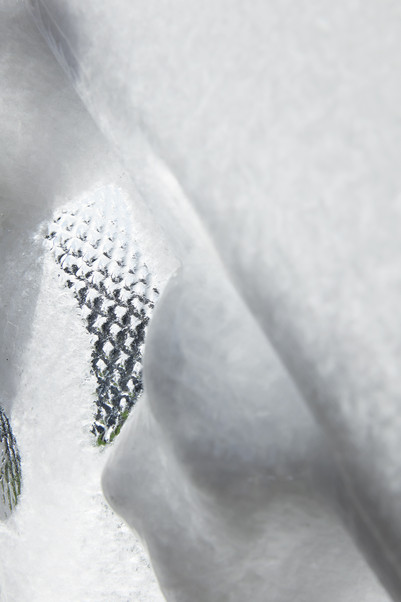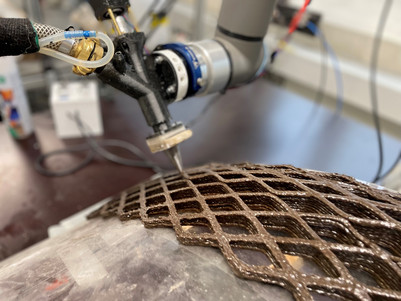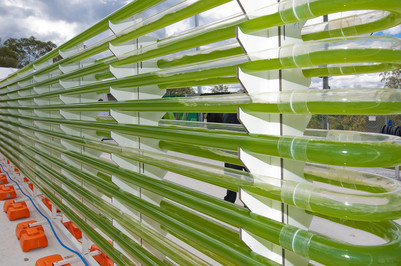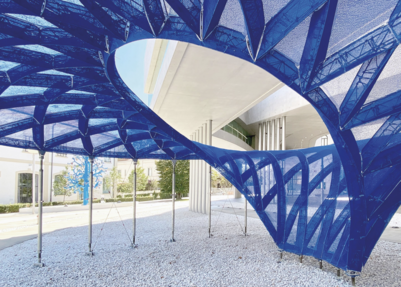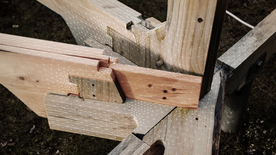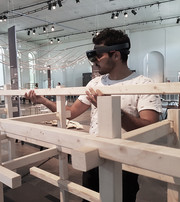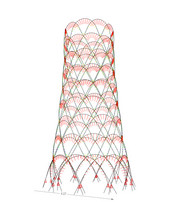
Phase Change Material (PCM) Facade
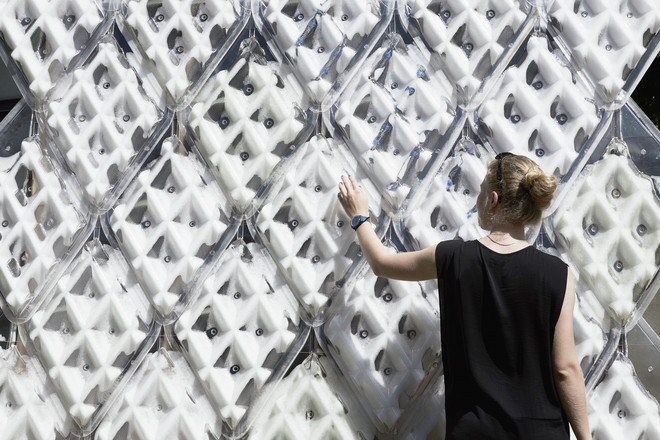
PCM Facade investigates design integrated modelling methods to manipulate, measure and predict transient phenomena associated with open thermodynamic systems.
The project places specific focus on phase transitions between solid to liquid in liquid organic paraffin phase change materials. PCMs change state from solid to liquid at a specified temperature. They visually manifest as opaque in the solid state and transparent in the liquid state. Their transition between these states is influenced by the complex interaction between material properties, geometry, immediate micro climate, weather and the mechanisms of heat transfer.
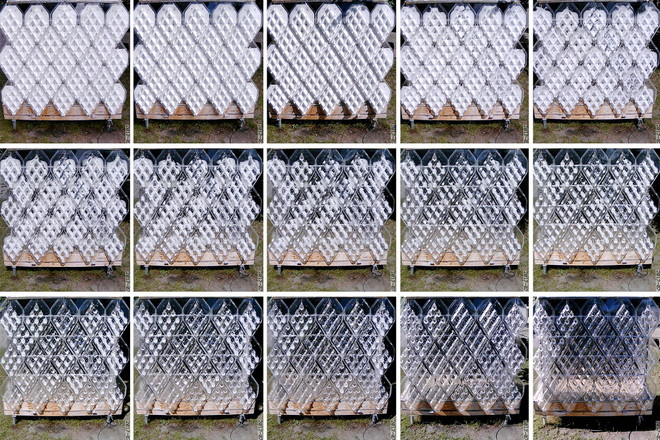
Related computational models such as finite element analysis work on the assumption of steady-state conditions. This approach provides a well-defined system boundary to study heat transfer. While these finite element analysis methods can be associated with multiple scales and different disciplinary-specific workflows, they are limited in their capacity to handle dynamic information flows and presume an analytic rather than generative design approach. In this project, we explore how complex modelling methods can support the development of a complex, multi-scalar and generative design approach for dynamic material system.

To steer the behaviour of dynamic material systems, design models need to interface macro and micro interactions with extensive and intensive properties across spatial and temporal domains. Architectural material assemblies continuously accumulate and dissipate heat which engender small and large as well as symmetrical and asymmetrical thermal gradients. These gradients result from the interaction between environment, material properties, local surface features, surface geometry and overall form. To conceptualise, describe and steer these relations, this project investigates a multi-scalar design and modelling approach for architectural assemblies using methods from the fields of architectural design, thermodynamics and materials engineering. PCM Facade is developed iteratively through a set of full-scale prototypes, by which the thermal behaviour of the material system is continuously measured and characterised. This information is used to inform an expanded mechanistic model that combines model-based simulation and data-based prediction methods. By using this calibrated and validated modelling platform, we can design and predict the nuanced heat transfer gradients for new surface geometries and thereby fabricate, measure, and characterise their performance.
